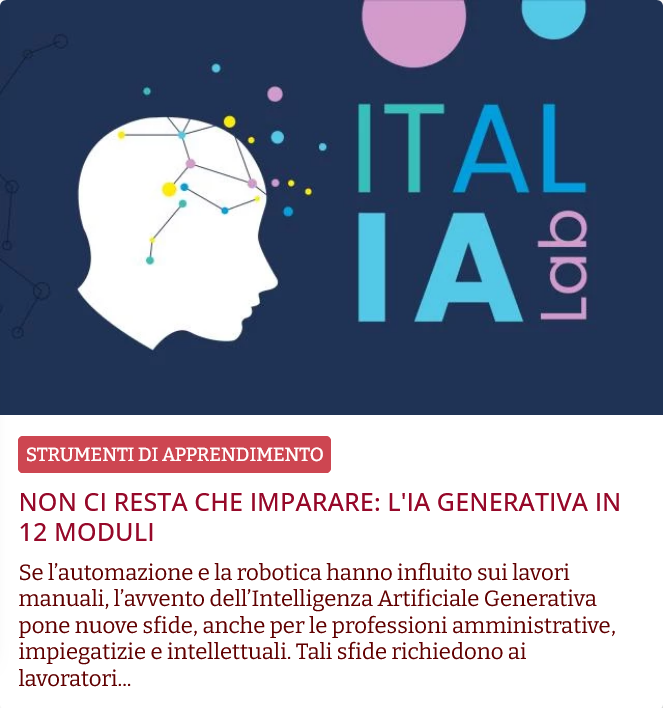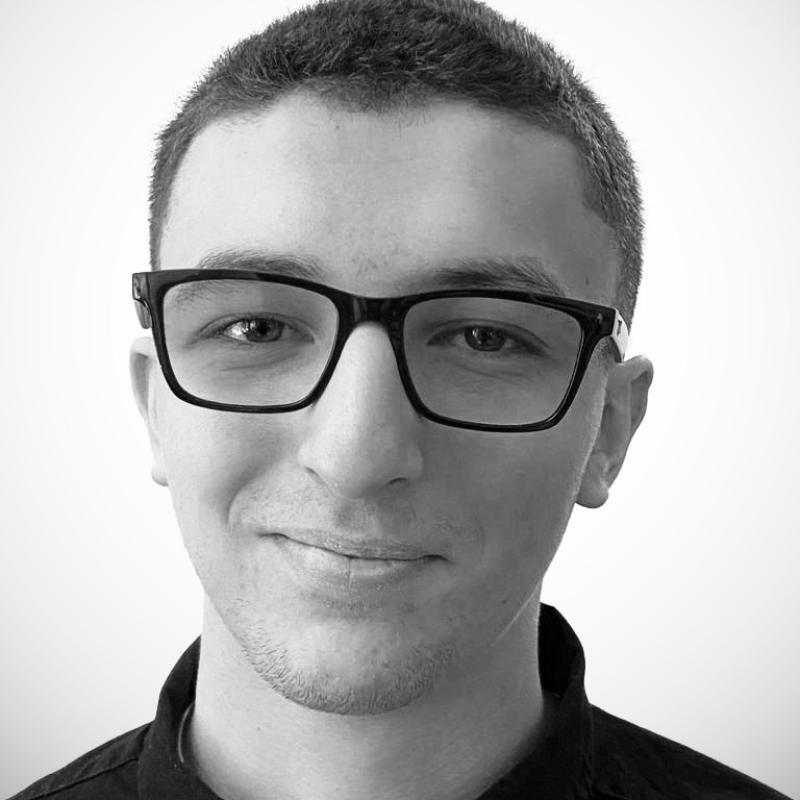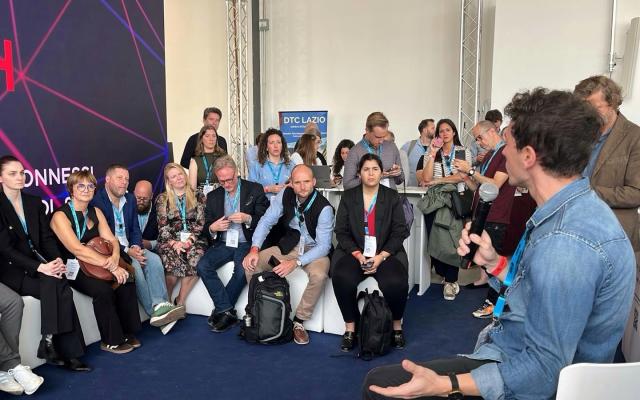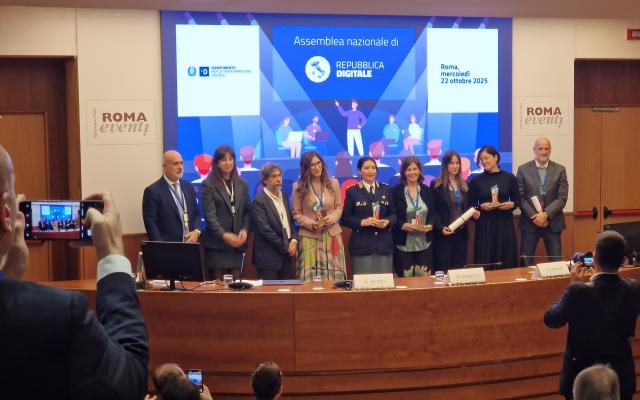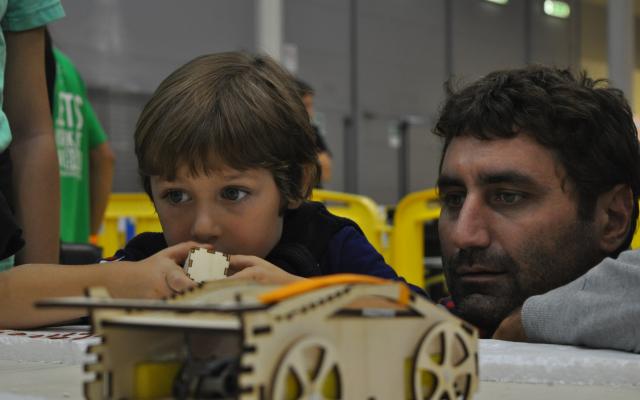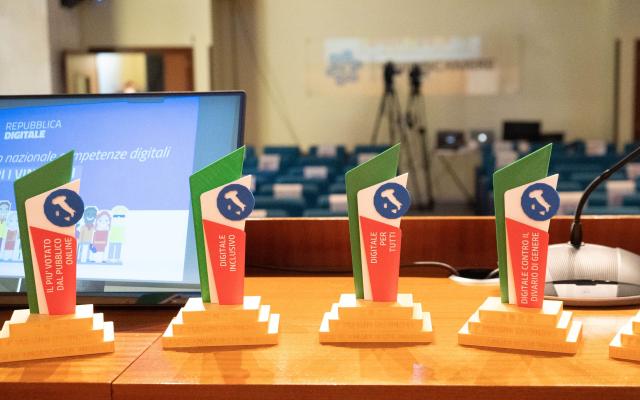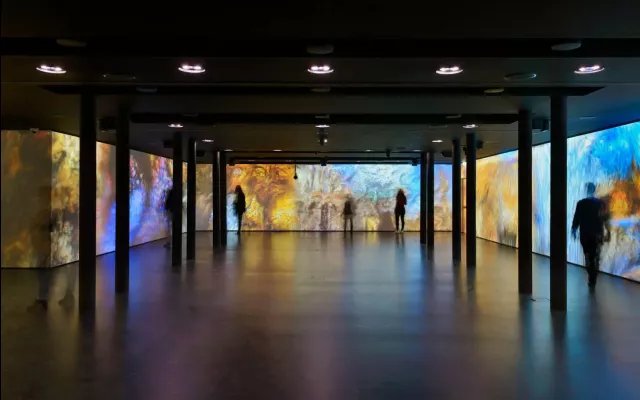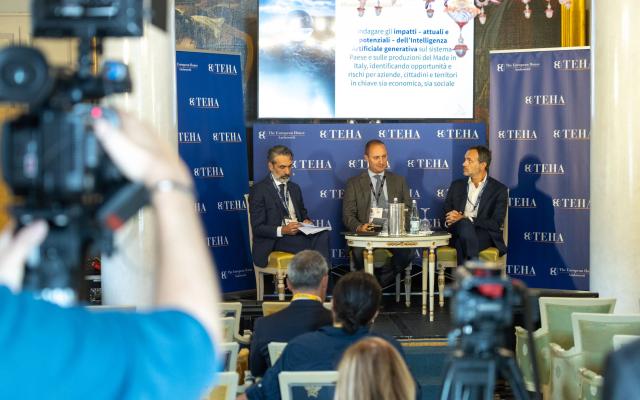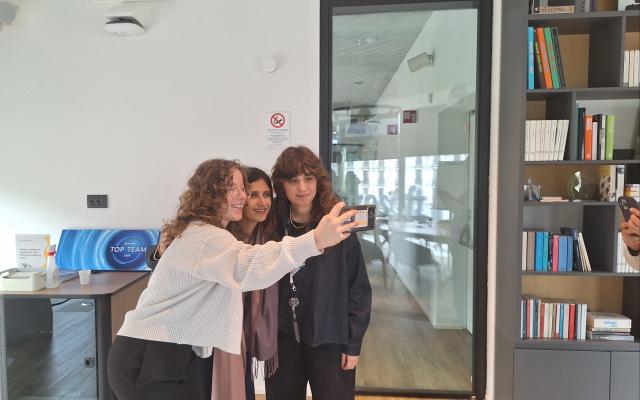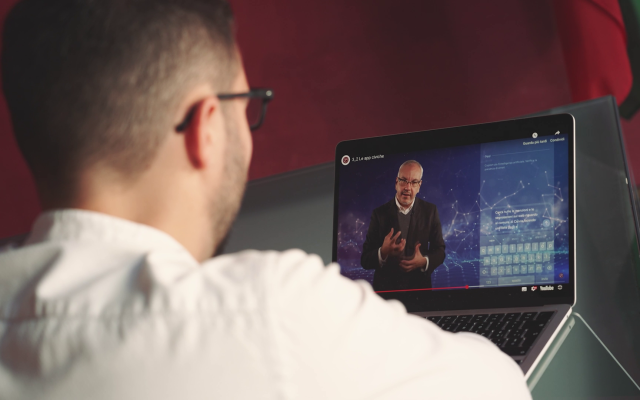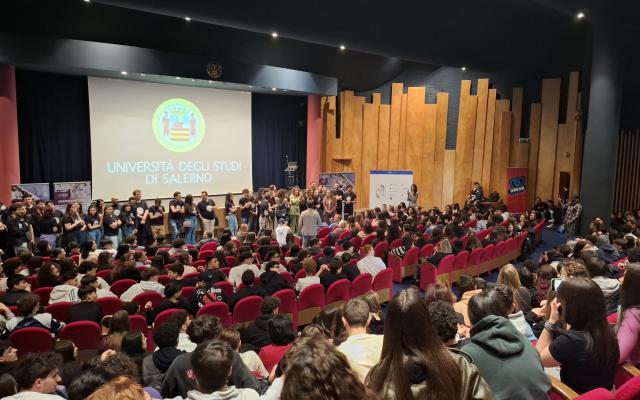As part of the "AI Skills Initiative" launched by Microsoft.
With "Ital.IA Lab," Fondazione Mondo Digitale, together with Microsoft Italia, is creating a national infrastructure of hubs focused on generative AI and a network of trainers to educate local communities. Among the main actions of the project is the development of synchronous and asynchronous training programs dedicated to young people, job seekers, and workers, with special attention to women and disadvantaged peripheral areas.
McKinsey estimates a potential impact of generative artificial intelligence on the global economy of $4.4 trillion a year, equivalent to the gross domestic product of a country like the United Kingdom. But where does Italy stand? According to the AI4Italy study conducted by The European House-Ambrosetti in collaboration with Microsoft Italia, if properly supported and adopted, AI could contribute to increasing the productivity of Sistema-Italia by up to 18 percent. Crucial, then, in addition to the technological infrastructure, are investments in training and developing the skills of professionals and students. It has been calculated that to reach this goal, Italy would need 3.7 million employees with at least basic digital skills and 137,000 more enrolled in STEM and ICT degree courses. Generative AI can change the way people live, work, study, and connect, creating new economic and social opportunities. Some jobs will be transformed, others will disappear, and new ones will be created. It is critical not to be unprepared for this great revolution. The challenge to be faced is one of skills. AI will create a more sustainable and inclusive world only if everyone, everywhere, has the right skills to use it.
THE CHALLENGE
As part of the AI Skills Initiative, launched by Microsoft as part of its Skills for Jobs program to help people and communities around the world harness the potential of artificial intelligence in an ever-evolving digital economy, the "Ital-IA Lab" project was born, with the goal of:
- Stimulating public awareness of the potential of artificial intelligence;
- Promoting artificial intelligence as a tool for inclusion and growth for people and communities;
- Supporting employability through skilling, reskilling, and upskilling actions;
- Implementing a national ecosystem, from schools to companies, to foster the development of artificial intelligence and its ethical and responsible adoption.
BENEFICIARIES
The project involves:
- 4,000 students from southern Italy and the suburbs of major Italian cities
- 3,200 workers who need to relocate professionally or upgrade to remain competitive and employed
- 800 job seekers
- 20 trainers and 60 tutors
- 40 organizations supported and trained (schools, local governments, chambers of commerce, etc.)
HUB
The project involves the creation and animation of a network of 20 territorial hubs dedicated to training on generative AI. Specifically:
- 10 hubs in southern Italy and islands
- 2 hubs in the suburbs of large cities
- 3 women's hubs in collaboration with the Coding Girls program
- 3 hubs dedicated to job seekers
- 2 special hubs, at the Innovation Gym in Rome and Microsoft House in Milan
TRAINING ACTIVITIES
"Ital-IA Lab" is designed to offer diverse content for different audiences and usable in synchronous and asynchronous modes. Among the proposed formats:
- Webinars
- Training sessions within the hubs
- Territorial training events in collaboration with local institutions
- On-demand video courses with Microsoft experts: the course, available free of charge on the FMD Academy, includes video pills, exercises, tests, and in-depth content. Upon completion of the course, micro-certifications are awarded. Six months after the end of the course, a survey measures any changes in the professional lives of those who participated.

